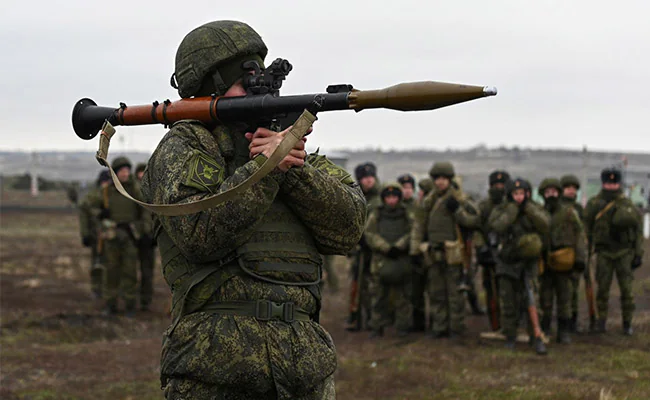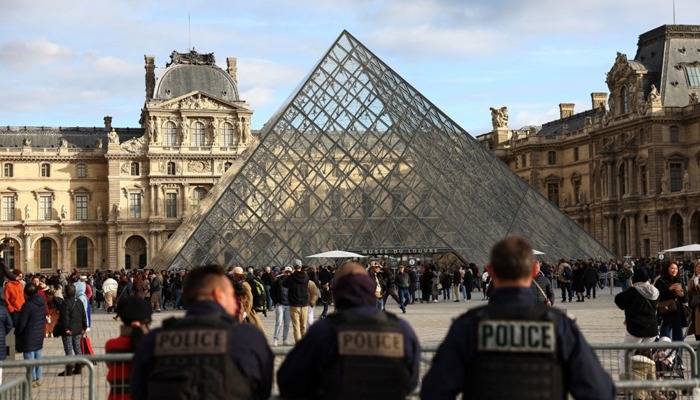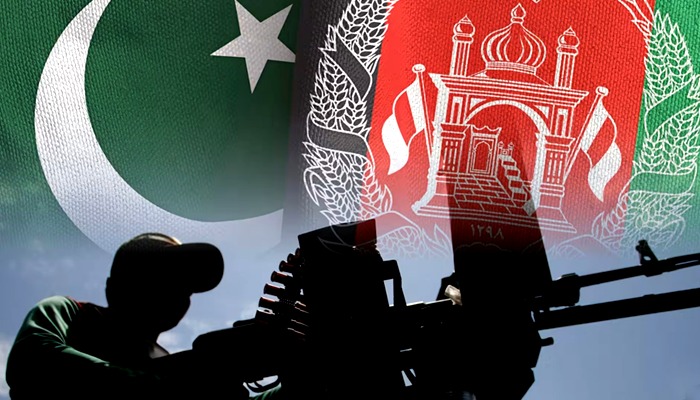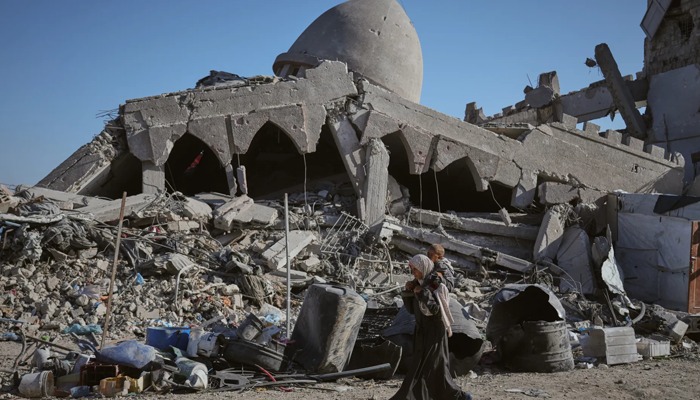Attempts by Ukrainian President Volodymyr Zelensky to give Russian President Vladimir Putin a way out of the war have so far failed. However, in a recent interview with Russian media, Mr Zelensky stated, “I know you realise you committed a horrible mistake, but I am providing you a way out.” He is apparently promising Ukraine absolute neutrality and abandoning its long-held aim to join NATO, as well as refraining from pursuing nuclear weapons. During the Russian invasion of Ukraine, key cities in the nation have been heavily pounded by Russian warplanes.
Several reports, however, have claimed that Russian personnel on the ground are demoralised and disillusioned as they fail to make advances.
Many accounts have even described Russian soldiers as saying they had no idea they were headed to war.
According to Thomas Bullock, an open source analyst with Janes, the defence intelligence agency, Russian soldiers made tactical mistakes that the Ukrainians exploited.
“It appears that the Ukrainians have been most effective when ambushing Russian forces,” he told the New York Times earlier this month.
“The Russians have progressed in such a way that they have stayed on important routes so that they can move swiftly without becoming mired down in mud.”
“However, they are moving via tortuous roads, leaving their flanks and supply routes vulnerable to Ukrainian strikes.”
“Having the Ukrainians simply demolish your airborne forces, elite Russian units, has to be disastrous for Russian morale,” Frederick W. Kagan, an expert on the Russian military and the director of the American Enterprise Institute’s Critical Threats Project, added.
“Russian soldiers must be wondering, ‘What the heck have we gotten ourselves into?'”
The Guardian reported earlier this month that detained Russian soldiers claimed their superiors “duped” them into invading Ukraine.
“Everything we were taught was a lie,” one Russian soldier stated. I would advise my troops to abandon Ukrainian land.
“We have families and children.” “I believe 90% of us would agree to go home.”
Another example came from Ukraine’s security forces, who published a video of five Russians in their early twenties from the 25th Crew, Unit 75242.
They were interrogated while kneeling with their hands bound.
“We were told we were going for training,” one told the camera. After we were ordered to the front lines, everyone became demoralised and no one wanted to fight.
“However, we were warned that we would be declared enemies of the state and that we may be shot since it is warfare.”
“We were used as cannon fodder.” People in our battalion, at the very least, do not want this conflict. They want to return home and find peace.”
However, the photographs have aroused worries that the Geneva Convention provisions governing prisoners of war may have been violated.
Estonia’s head of defence, Lt. General Martin Herem, has also stated that his country is unimpressed with Russia’s military performance in this battle.
“Today, what I have observed is that even this large army or force is not very huge,” he remarked.
“If you look at what’s on the other side, you’ll notice that there isn’t much of an opponent left.”
Other experts are more pessimistic, claiming that Russia has more power on hand that might be utilised to accelerate the invasion.
“Most Russian capabilities have been waiting on the sidelines,” Michael Kofman, head of Russia studies at CNA, told the New York Times.



















